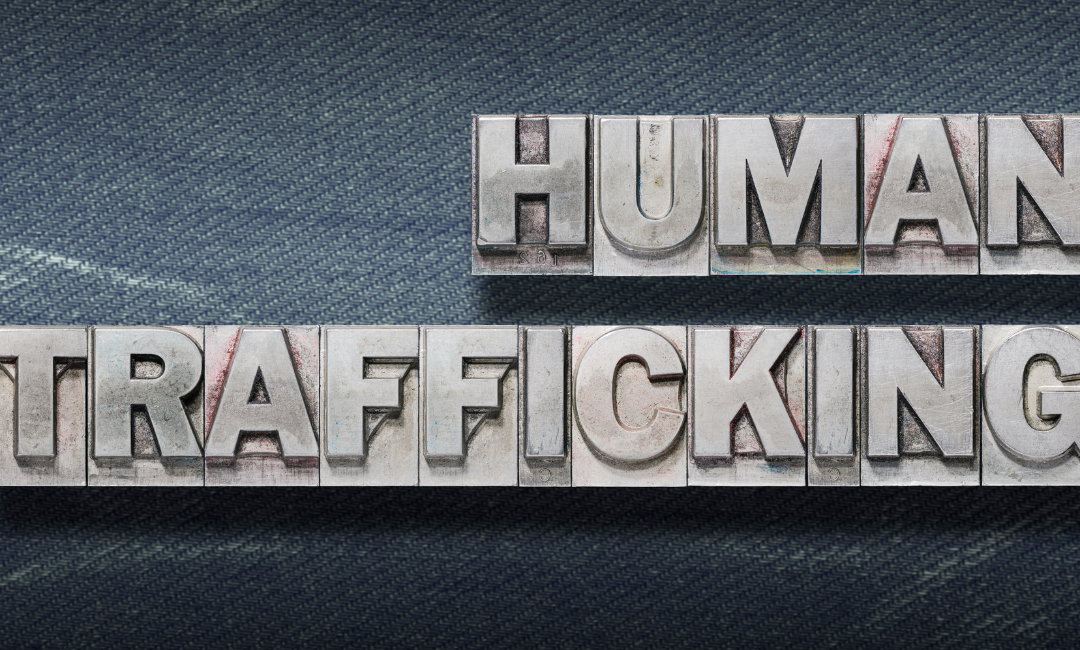Bias in Healthcare
Everyone, including nurses, is biased about something.
Implicit bias refers to attitudes or stereotypes that affect our understanding, actions, and decisions in an unconscious manner, without us realizing it. These biases can be based on factors such as race, gender, age, sexual orientation, religion, or other characteristics.
Implicit biases can affect how we treat and interact with others and can lead to unfair and discriminatory outcomes. Recognizing and addressing implicit bias is an important step towards creating a more equitable and just society.
As nurses, we all have biases, and it’s crucial to acknowledge and understand them to provide better patient care. Explicit biases are known, while unconscious biases are not.
If we act differently towards a patient, it could be due to an unconscious bias that might negatively impact their care. It’s essential to confront and learn from our biases to improve patient outcomes and experiences.
Common biases include:
- Race
- Gender
- Sexuality
- Culture
- Religion
- Age
- Weight
- Drug usage
- Homelessness
As humans, we all have an opinion about everything. We have our own set of morals and beliefs. However, this is something that does not belong in healthcare and can interfere with caring for a patient—especially when the patient looks or behaves differently from us.
The American Nurses Association (ANA) Code of Ethics for Nurses Provision 1 states that, “The nurse practices with compassion and respect for the inherent dignity, worth, and unique attributes of every person.”








